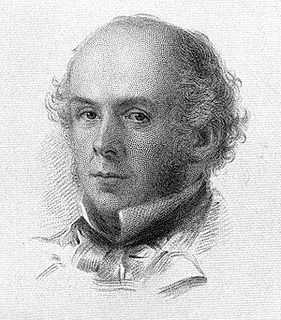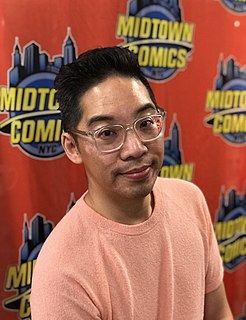A Quote by Gail Sheehy
Adapting to our Second Adulthood is not all about the money. It requires thinking about how to find a new locus of identity or how to adjust to a spouse who stops working and who may loll, enjoying coffee and reading the paper online while you're still commuting.
Related Quotes
Most women have learned a great deal about how to set goals for our First Adulthood and how to roll with the punches when we hit a rough passage. But we're less prepared for our Second Adulthood as we approach life after retirement, where there are no fixed entrances or exits, and lots of sand into which it is easy to bury our heads.
isaac knows how stupid i find these things, and he finds them just as stupid as i do. like lol. now, if there's anything stupider than buddy lists, it's lol. if anyone ever uses lol with me, i rip my computer right out of the wall and smash it over the nearest head. i mean, it's not like anyone's laughing out loud about the things they lol. i think it should be spelled loll, like what a lobotomized person's tongue does. loll. loll. i can't think any more. loll. loll!
Beyond that, it gets down to the nuts and bolts of discipline - not a tradition or genre, I don't care about that, actually - but discipline in the sense of just working on music and working on thinking about music. It doesn't matter if it's jazz or not. It's about how we listen, how we interact, how we guide our attention when we're listening, and how we can refine what we're doing musically.
It's a beautiful book [Into the Forest], so for those who are thinking about reading it, they absolutely should. First and foremost, I just devoured it, as a story. At that time, and still, it just encompassed a lot of things that I was thinking about, and that the world is thinking about, with society's relationship to the environment, our personal relationship to it, and how disconnected we are from it, myself included.
I took my coffee into the dining room and settled down with the morning paper. A woman in New York had had twins in a taxi. A woman in Ohio had just had her seventeenth child. A twelve-year-old girl in Mexico had given birth to a thirteen-pound boy. The lead article on the woman's page was about how to adjust the older child to the new baby. I finally found an account of an axe murder on page seventeen, and held my coffee cup up to my face to see if the steam might revive me.
The very act of thinking about power in our lives and experiences creates a process of revelation and self-analysis that may even make us look at ourselves in a new light... thinking about power and its complex manifestations may not simply lead to a better understanding of the abstract complexities of society, but may have an effect on one?s own image and identity. Perhaps a warning label should be placed on the cover.
Just recognizing and naming that many of the things we treat as historical fact are stories can help erode their power over our sense of identity and thinking. If they are stories rather than "truth," we can write new stories that better represent the country we aspire to be. Our new stories can be about diverse people working together to overcome challenges and make life better for all, about figuring out how to live sustainably on this one planet we share, and on deep respect for cooperation, fairness, and equity instead of promoting hyper-competitive individualism.
It doesn't matter if it's jazz or not. It's about how we listen, how we interact, how we guide our attention when we're listening, and how we can refine what we're doing musically. Also how we can create our own music, and what opportunities that can bring us, as creative musicians. And then insisting that musicians put themselves through an intellectually rigorous process, which involves a lot of reading and writing, while insisting that music scholars think about ethics.
Money is one form of power. But what is more powerful is financial education. Money comes and goes, but if you have the education about how money works, you gain power over it and can begin building wealth. The reason positive thinking alone does not work is because most people went to school and never learned how money works, so they spend their lives working for money.
I was thinking about framing, and how so much of what we think about our lives and our personal histories revolves around how we frame it. The lens we see it through, or the way we tell our own stories. We mythologize ourselves. So I was thinking about Persephone's story, and how different it would be if you told it only from the perspective of Hades. Same story, but it would probably be unrecognizable. Demeter's would be about loss and devastation. Hades's would be about love.




































